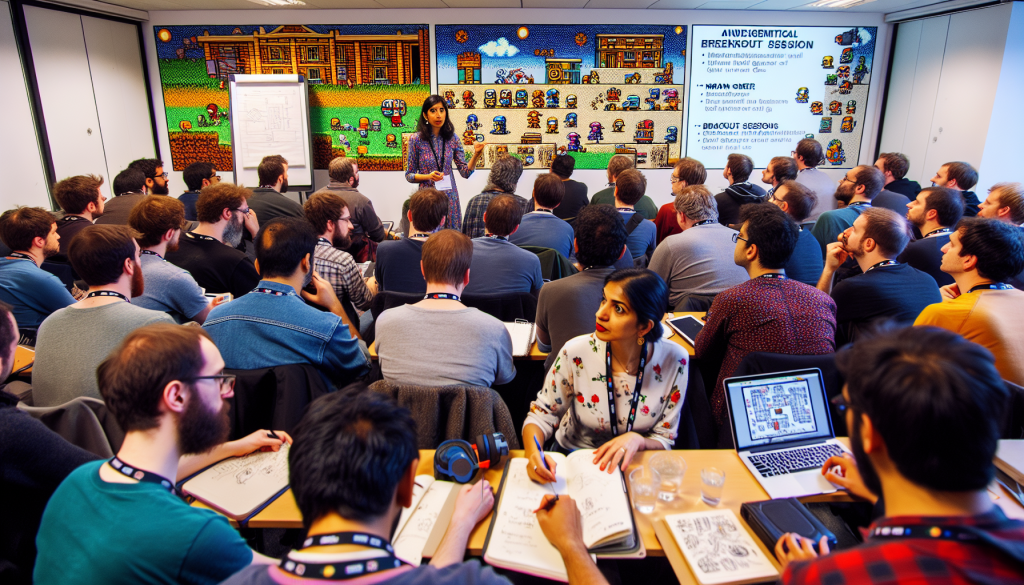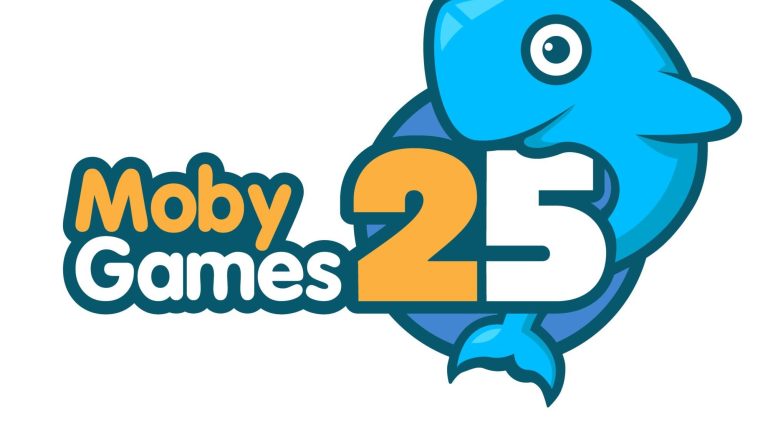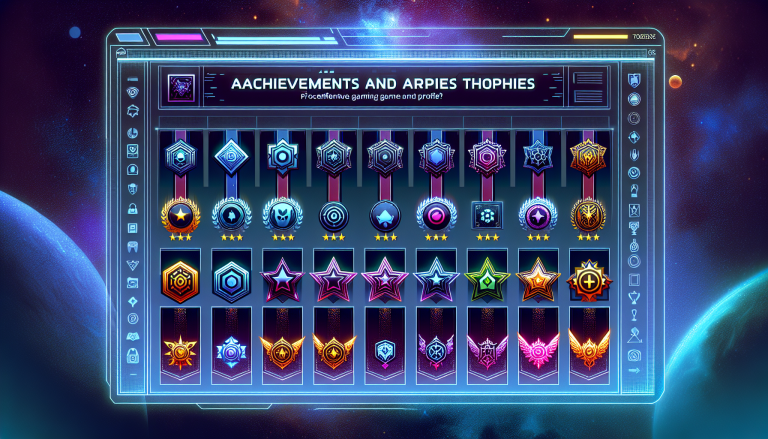The Growing Influence of Esports in Education
Did you know that esports is no longer just a hobby or pastime? That’s right! Esports is fast becoming a valuable part of the educational landscape and it’s high time we shone a spotlight on this growing trend.
The phenomenon of esports, or competitive online gaming, has skyrocketed in popularity over the last decade. As a result, it’s not just the world of entertainment that’s taking notice, but the educational sector as well. In fact, many educational institutions are now acknowledging the potential benefits and positive impact of esports on students’ learning and development.
Esports in the Classroom
At first glance, it might seem unusual to integrate esports into an academic environment. But, when you delve a little deeper, the reasoning becomes clear. Esports fosters teamwork, strategic thinking, and problem-solving skills. These are crucial competencies that go beyond just the gaming sphere and are highly valued in the current job market.
From elementary schools to universities, educators are incorporating esports into curricula and setting up dedicated esports teams. These initiatives not only promote a healthy competitive spirit but also encourage the education of digital literacy, online safety, and game design. How cool is that?
The Advantages of Esports in Education
But don’t just take my word for it. Research has shown that esports in education offers a myriad of benefits. Here are just a few:
- Engagement: Esports can ignite a passion in students, making learning more engaging and enjoyable.
- Critical thinking: Through strategic game play, students are trained to think critically and make quick decisions.
- Social skills: Esports encourages communication and collaboration, helping students to develop essential social skills.
But that’s not all! Esports also paves the way for career opportunities in a booming industry. From professional players and coaches to game developers and esports managers, the possibilities are endless! And guess what? More and more universities are offering scholarships to talented esports players. Yes, you heard it right!
Charting the Future of Education
So, the influence of esports in education is undeniable. By marrying the thrill of gaming with educational outcomes, esports is changing the face of education as we know it. Schools and universities worldwide are embracing esports, integrating it into their curriculum, and reaping the benefits. The future of education is here, and it’s wired for digital!
Emphasizing the Role of Training in Esports Success
In the thrilling world of Esports, the difference between a winning team and an also-ran often boils down to training. Yes, you read that right. Good old training. It’s not just about how well you can maneuver a joystick or how quickly you can click a mouse. It’s about strategy, teamwork, and a deep understanding of the game itself. And that’s where the importance of effective training comes in.
Much like traditional sports, Esports requires a significant amount of practice and preparation. To truly excel and reach their full potential, players need to immerse themselves in the game, learning the ins and outs, developing strategies, and honing their skills.
Why Does Training Matter?
Just think about it. In football or basketball, players run drills, practice plays, and work out to improve their physical fitness. The same goes for Esports. Players need to consistently practice their game mechanics, participate in scrimmages to improve teamwork, and devise strategies for different game scenarios.
But there’s more to it than just gameplay. Mental preparation is just as crucial. Being under the spotlight, dealing with the pressure of competition, and maintaining a high level of focus for extended periods – these all require mental toughness and resilience. That’s why many Esports teams now include psychological training in their regimen.
How is Esports Training Implemented?
Esports training is typically structured and rigorous. It involves a combination of individual skill drills, team strategy sessions, and practice matches against other teams. There’s usually a coach or trainer to oversee the process, provide feedback, and help the team improve.
- Individual drills: These are focused on improving a player’s game mechanics. It could be aiming in a first-person shooter game, last-hitting in a MOBA, or building in a battle royale game.
- Strategy sessions: Here, the team comes together to discuss strategies. They analyze their own gameplay, study opponents, and plan tactics for upcoming matches.
- Scrimmages: These are practice matches against other teams. It’s a chance for the team to apply what they’ve learned and see how they fare in a realistic game scenario.
At the end of the day, the goal of training is to help individual players and teams become better, more cohesive, and ready to face any challenge that comes their way in the competitive arena of Esports. So next time you’re watching your favorite Esports team in action, remember, it’s not just about quick reflexes and flashy plays. There’s a whole lot of hard work, strategy, and training behind those epic wins!
Integrating Esports Training into Educational Programs
Oh, how fun it would be if one could combine their passion for gaming with their educational pursuits, wouldn’t it? Well, you’re in luck because that’s exactly what educators are beginning to do these days. They’re integrating esports training into educational programs. Sounds exciting, right? Let’s delve into how this is happening.
Why Esports Training in Education?
Before we talk about the ‘how’, let’s briefly address the ‘why’. Esports is more than just gaming. It promotes skills like critical thinking, teamwork, and strategic planning, all of which are highly applicable in real-world scenarios. So, the integration of esports training into educational programs helps shape students’ overall personality development and prepares them for future challenges.
How is the Integration Happening?
Now, onto the exciting part: the ‘how’. Esports training integration is a three-step process – starting with the introduction of esports in curriculum, followed by establishing dedicated esports facilities, and finally creating esports scholarships.
1. Introducing Esports in Curriculum
Esports finds its place in the curriculum in various ways. Some institutions are offering game design and development courses where students learn to create their own games. Others have incorporated esports management courses teaching the business side of the esports industry.
2. Establishing Dedicated Esports Facilities
Pro gamers need proper training facilities, right? Schools and universities are recognizing this and are setting up state-of-the-art esports training centers. These facilities equipped with high-performance gaming consoles, PCs, and comfortable gaming chairs are all designed to simulate a professional gaming environment.
3. Creating Esports Scholarships
To encourage more students to take up esports seriously, educational institutions are even offering esports scholarships. This not only attracts passionate gamers but also adds to the credibility of esports as a legitimate field of study.
Tailoring Esports Training to Fit Educational Goals
Integration doesn’t mean merely adding esports to the curriculum, but rather tailoring it to complement the educational goals. This is achieved by incorporating traditional educational values and skills into esports training. Lessons in communication, leadership, and digital citizenship are cleverly woven into gaming sessions, making the whole experience enriching and enjoyable.
Wrap-up
So, as you can see, the integration of esports training into educational programs isn’t just about playing games. It’s a comprehensive approach, combining fun with learning, and preparing students for the future in a unique, engaging way. If this trend continues, who knows, we might even see the emergence of a new academic discipline – esports studies!
Case Studies: The Impact of Esports Programs on Student Development
While the notion of integrating esports into education might seem unconventional to some, several case studies suggest that it can significantly contribute to student development. Not only do esports programs enhance the technical skills of students, but they also foster teamwork, strategic thinking, and confidence – attributes that are essential in the real world.
The Robert Morris University Case Study
As one of the pioneers in incorporating esports into their curriculum, Robert Morris University witnessed first-hand the positive impact of such programs. In 2014, the institution offered esports scholarships and formed competitive teams that competed at the national level. The result? Improved engagement, better teamwork, and a boost in student confidence.
- Enhanced engagement: Playing video games wasn’t just a pastime anymore. It was a means to enhance their skills and secure a successful future. The students felt motivated to learn and participate actively, leading to improved engagement.
- Improved teamwork: Esports is all about working together as a team to achieve a common goal. Students who participated in esports programs learned the importance of collaboration and teamwork, skills valuable in both their personal and professional lives.
- Boosted confidence: Competing and succeeding in esports tournaments gave the students a confidence boost. They began to believe in their abilities, which reflected positively on their academic performance as well.
The British Esports Association Case Study
Across the pond, the British Esports Association conducted a pilot program in schools and colleges to understand the impact of esports on students. The results were equally rewarding. The students showed improvements in problem-solving skills, communication, and resilience.
- Enhanced problem-solving skills: The tactical nature of esports games pushed students to think critically and make sound decisions quickly, thus honing their problem-solving skills.
- Improved communication: Since esports require players to coordinate and strategize, students participating in the programs found their communication skills significantly improved.
- Built resilience: Losing a game and bouncing back stronger is an integral part of esports. This instilled resilience in students, preparing them for the ups and downs of life.
It’s clear from these case studies that esports programs can have a profound impact on student development. Not only do they nurture technical abilities, but they also foster essential life skills, making students well-rounded individuals who are ready to take on the challenges of the world.












